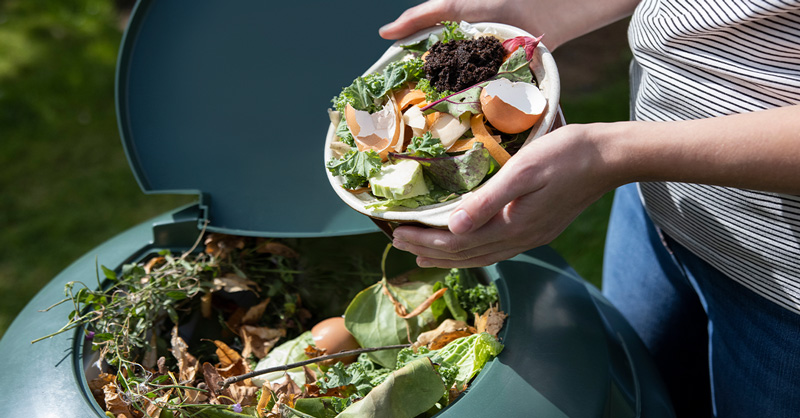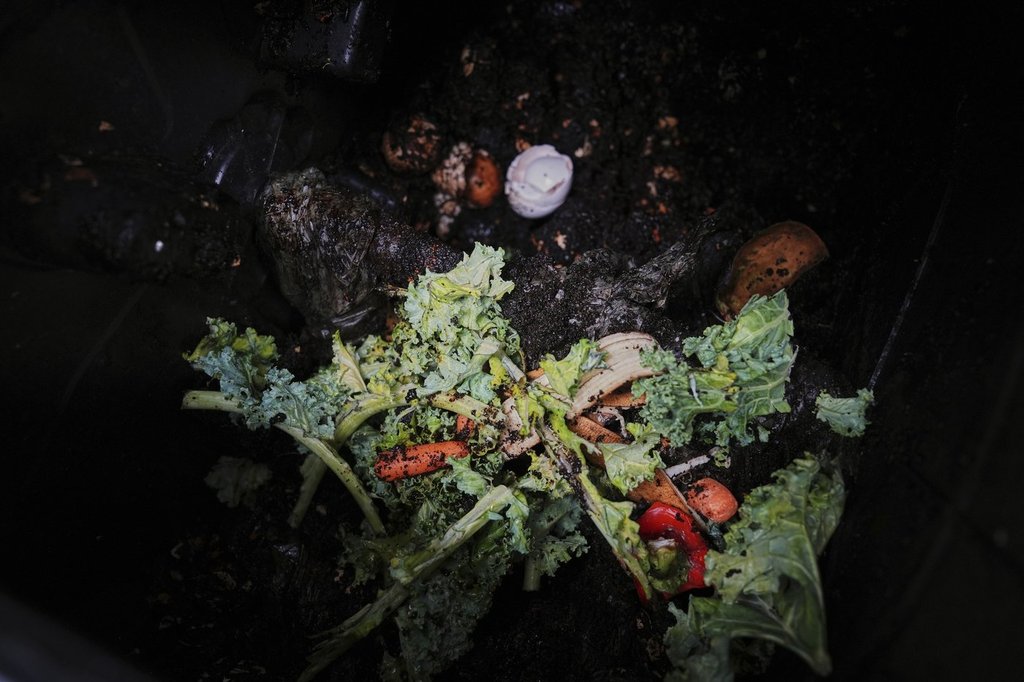Composting is good for the earth. It helps plants grow. Composting turns waste into rich soil. You can start composting today.
Why Compost Kitchen Waste?
We throw away a lot of food. This waste ends up in landfills. It creates harmful gases. Composting can help reduce this.
- Reduces Waste: Less trash in landfills.
- Improves Soil: Makes soil rich and healthy.
- Saves Money: Less need to buy soil.
What Can You Compost?
Many things from your kitchen can be composted. But not everything. Let’s see what you can use.
| Compostable Items | Non-Compostable Items |
|---|---|
| Fruit scraps | Meat |
| Vegetable peels | Dairy products |
| Coffee grounds | Oils |
| Eggshells | Plastics |
Remember: No meat or dairy. They attract pests. Avoid oils and plastics too.
How to Start Composting?
Starting a compost pile is easy. Follow these simple steps.
1. Choose A Spot
Pick a place in your yard. It should be easy to reach. You need space for your compost bin. You can also use a pile.
2. Get A Bin
You can buy a compost bin. Or make one yourself. Use wood or wire. Make sure it has air holes.
3. Collect Kitchen Waste
Use a small bin in your kitchen. Collect fruit peels, vegetable scraps, and more. Empty it into your compost bin outside.
4. Add Yard Waste
Grass clippings and leaves are good. They help balance your compost. Mix them with kitchen waste.
5. Turn The Pile
Use a shovel or pitchfork. Turn your compost often. This helps air get in. Air is important for composting.
6. Keep It Moist
Compost needs water. It should feel like a damp sponge. Add water if it’s too dry.
When is Compost Ready?
Compost takes time to become soil. It can take weeks or months. Finished compost is dark and crumbly. It smells earthy, not rotten.
Using Your Compost
Once ready, use your compost. Spread it in your garden. It helps plants grow strong. Add it to potted plants too. You will see better growth.
Common Composting Problems
Sometimes, composting has problems. Here’s how to fix them.
Smelly Compost
Too much food waste causes bad smells. Add more yard waste. Turn the pile often.
Too Dry
If compost is dry, add water. Mix it well.
Too Wet
Too much water stops air flow. Add dry leaves or paper. Mix them in.

Credit: ospe.on.ca
Benefits of Composting
Composting helps the earth. It reduces waste. It makes gardens grow better. It is easy and fun.
- Healthy Plants: Compost has nutrients for plants.
- Less Waste: Less trash means a cleaner planet.
- Save Money: Use free compost instead of buying soil.
Composting Tips
Here are some tips to help you compost better.
- Cut scraps into small pieces. They break down faster.
- Keep a balance of green and brown materials.
- Green materials: fruit, veggies.
- Brown materials: leaves, paper.
- Turn your compost often for better results.

Credit: www.familyhandyman.com
Frequently Asked Questions
What Kitchen Waste Can I Compost Safely At Home?
Vegetable scraps, fruit peels, coffee grounds, eggshells, and bread are great for composting.
How Long Does Kitchen Waste Take To Compost?
Composting kitchen waste usually takes 2 to 6 months depending on conditions.
Can I Compost Meat Or Dairy Kitchen Waste?
No, meat and dairy can attract pests and cause bad smells in compost.
Do I Need A Special Bin For Kitchen Compost?
A simple, well-ventilated bin with a lid works best for kitchen composting.
Conclusion
Composting is easy and helpful. It turns waste into something useful. Start composting today. Help your garden and the planet.
3 min read

